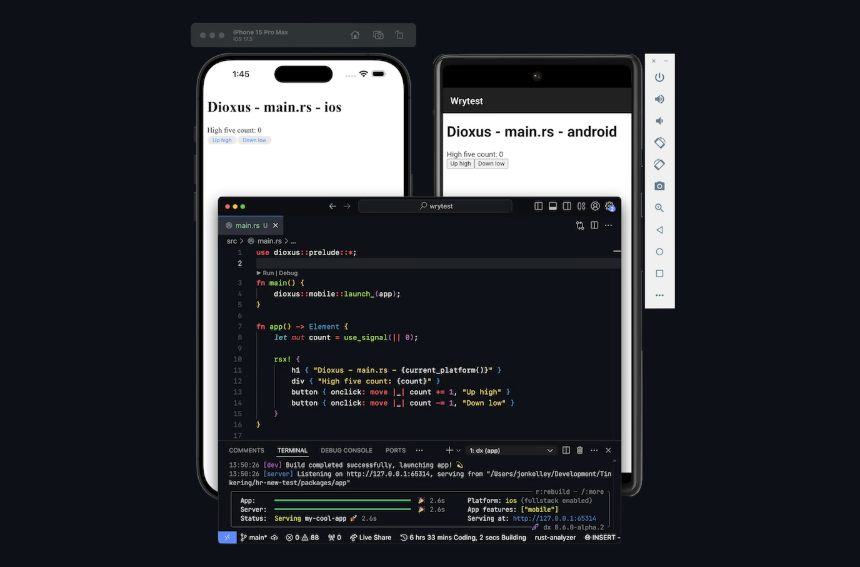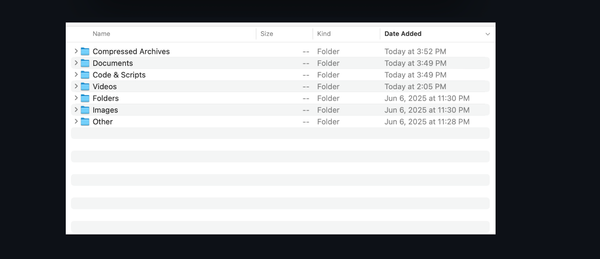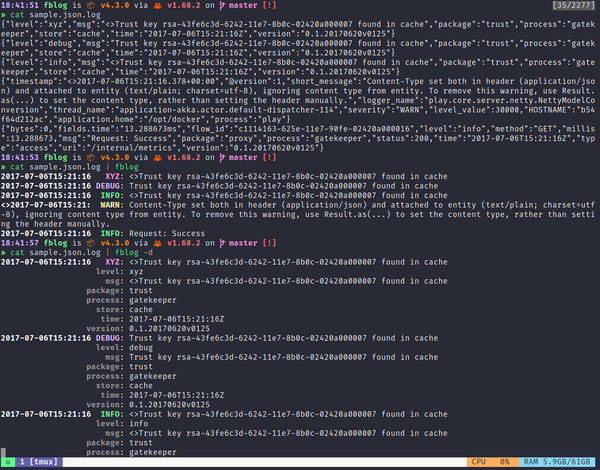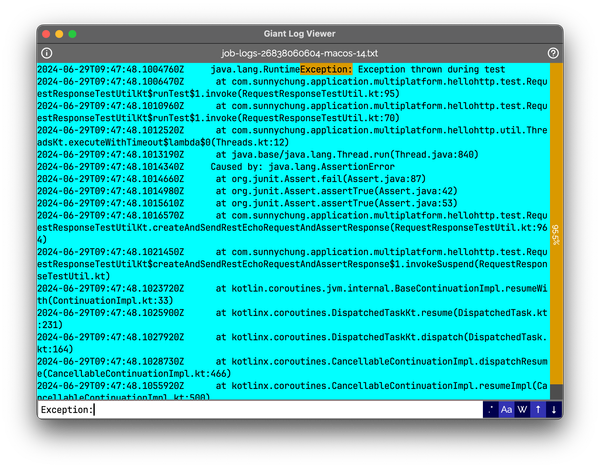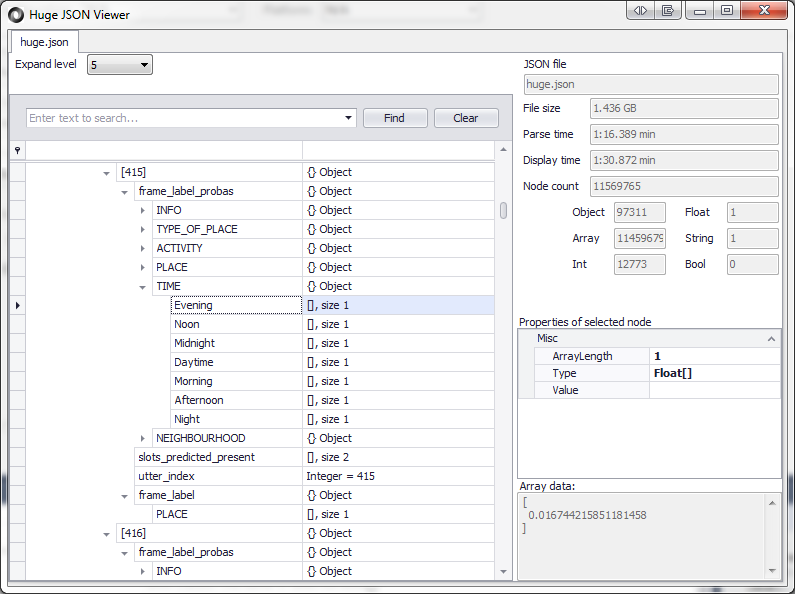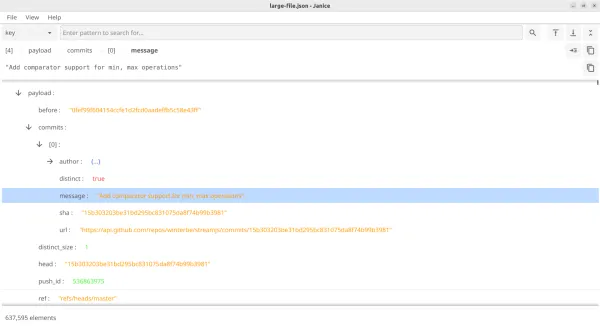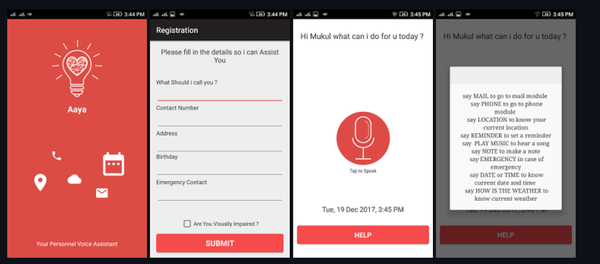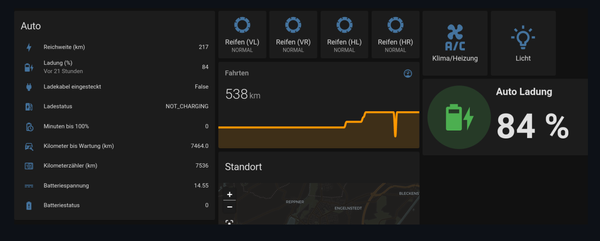Dioxus vs Electron & Tauri: The Rust Framework for Cross-Platform Apps with One Codebase
With Dioxus, build fast, full-stack apps for web, desktop, and mobile using just one Rust codebase . Explore its powerful features, Tailwind support, and how it compares to Tauri and Electron.
Table of Content
We’ve covered dozens of Rust-based frameworks over the years, many promising, but few sticking around. Dioxus might just be the one that changes the game.
Dioxus is a modern, full-stack Rust framework for building web, desktop, and mobile apps, all from a single codebase . If you're familiar with React or Flutter, Dioxus will feel familiar, but with the performance of Rust , the ergonomics of declarative UI , and the speed of live hot-reloading .
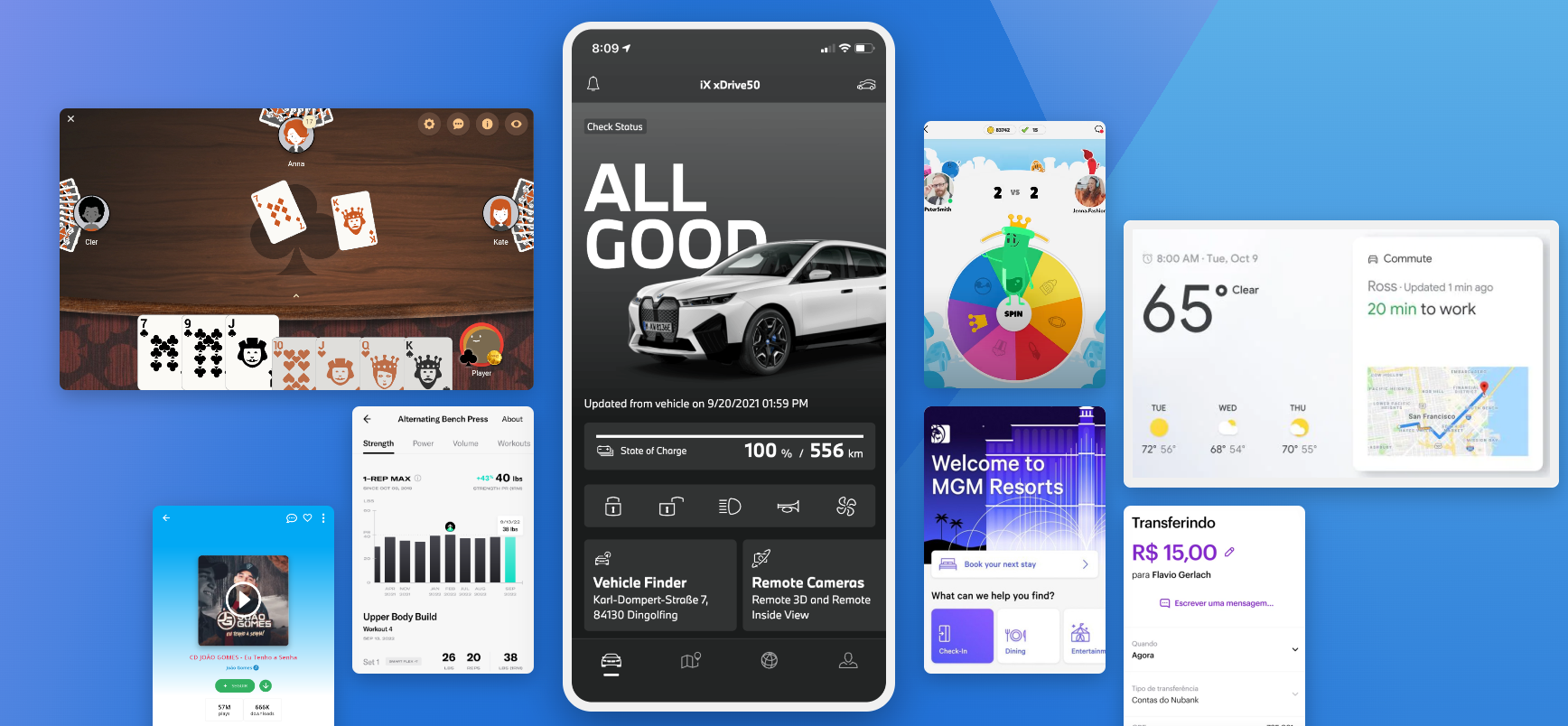
We recently used Dioxus in a demo project for a lightweight desktop app that doubles as a web tool, and the results were impressive. With subsecond rebuilds , zero-config setup , and integrated backend functions , we believe Dioxus has the potential to outshine Electron , Flutter , and even Tauri in the near future.
What Is Dioxus?
Dioxus is a Rust-based UI framework that allows you to write once and deploy everywhere, web, desktop, and mobile . Built with a React-inspired API , it’s designed for developers who want the safety and speed of Rust without sacrificing the developer experience .
Whether you're building a dashboard , a desktop utility , or a mobile app , Dioxus gives you the tools to do it all with a single language: Rust .
Key Features That Make Dioxus Stand Out
Here’s what makes Dioxus a game-changer for cross-platform development:
Cross-Platform in Just a Few Lines of Code
Build apps for the web , desktop , mobile , and even server, all from the same codebase. Just write your app once, and run it everywhere. It works on Windows, macOS (Intel and Silicon), and Linux.
Live Hot-Reloading
With dx serve, your app updates in real-time as you code. No waiting for rebuilds, just instant feedback. Who does not wanna see the update lives without hitting refresh.
Signals-Based State Management
Dioxus offers a reactive state system inspired by Solid.js and Svelte. It’s fast, ergonomic, and feels natural.
Built-in Fullstack Web Framework
Call backend functions directly from the frontend with type-safe RPC using server_fn. Supports streaming , suspense , websockets , and code splitting.
Native Mobile Support
Yes, Dioxus supports Android and iOS natively. Run dx serve --platform android and your app runs on a device or emulator in seconds.
Tailwind CSS Support Out of the Box
Thanks to Rust's flexible tooling, Dioxus integrates seamlessly with Tailwind CSS, making it easy to build modern, responsive UIs without leaving the Rust ecosystem.
Smart Bundler
Run dx bundle and your app is optimized for production. For the web, enjoy AVIF generation , WASM compression , and tree-shaking . For desktop, ship apps under 5MB .
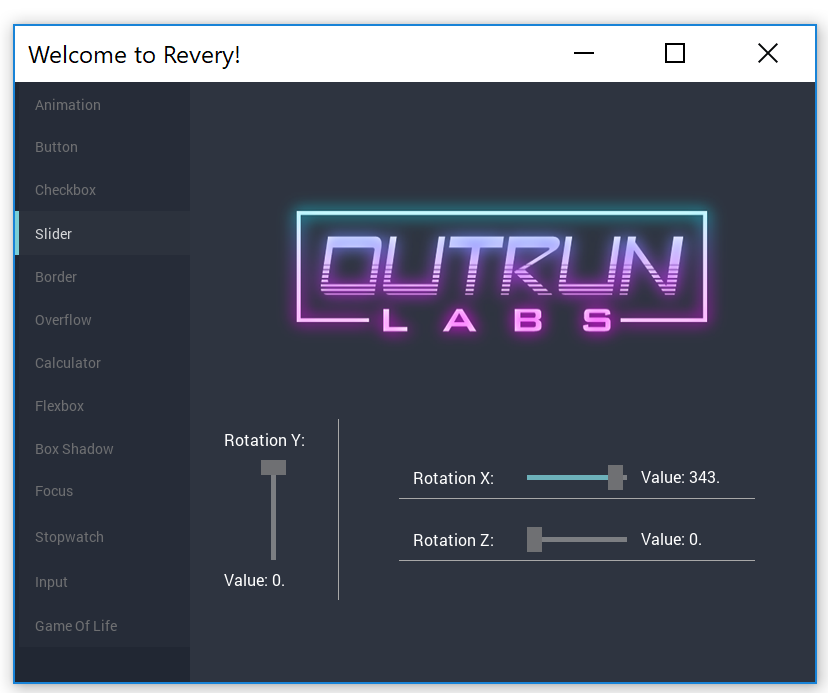
Why Dioxus Could Be the Future of Fullstack Rust Development
Dioxus isn’t just another UI framework, it’s a fullstack Rust solution that simplifies building apps across platforms.
With first-class support for server functions , real-time updates , and native mobile rendering , Dioxus removes the friction between frontend and backend, client and server.
And because it’s built in Rust, you get:
- Memory safety
- Zero-cost abstractions
- Blazing-fast performance
- Minimal bundle sizes
This makes Dioxus not just a great framework for building apps , but also a strong candidate for the future of fullstack Rust development.
Why We Think Dioxus Will Succeed
We’ve seen many Rust-based frameworks come and go, many promising, but few sticking around . But Dioxus is different.
- Excellent documentation, and the docs are built with Dioxus itself
- Active community, growing fast on Discord and GitHub
- Real-world use cases, we’ve already built a demo app and were impressed with the results
- First-class DX, live reload, CLI tooling, type-safe RPC, and more
- Cross-platform by design , not an afterthought
🧪 Try Dioxus Today
Getting started is easy:
cargo install --locked dioxus-cli
dx serve
Then, open your browser and see your app running in real time. Edit your code and watch it update instantly.
Want to build and deploy?
dx bundle
And you’re done.
🖥️ Dioxus vs. Tauri, Electron, and Flutter
| Feature | Dioxus | Tauri | Electron | Flutter |
|---|---|---|---|---|
| Language | Rust | Rust | JavaScript | Dart |
| UI | Declarative (React-style) | Web-based | Web-based | Custom Engine |
| Backend | Built-in Server Functions | External | External | External |
| Mobile Support | Yes (alpha) | No | No | Yes |
| Hot-Reload | Yes (subsecond) | No | Yes | Yes |
| Bundle Size | <5MB | ~10MB | ~100MB+ | ~10MB+ |
| Performance | Native Rust | Native Rust | JS-based | Native (via Skia) |
While Tauri is great for desktop apps and Electron dominates the web-based desktop space, both lack mobile support and are heavier than necessary.
Flutter is powerful, but brings its own rendering engine and uses Dart, a language with a steeper learning curve than Rust.
Dioxus, on the other hand, is lightweight, Rust-first, and already supports web, desktop, and mobile, all with a familiar API.
Final Words!
If you're a Rust developer looking to build web, desktop, or mobile apps, Dioxus is worth a look. It's fast, ergonomic, and future-proof.
We used it in a recent demo project, and we’re excited about what’s next. While many Rust UI frameworks have failed to gain traction, Dioxus has the tools, the community, and the vision to make it big.
Will Dioxus replace Electron? Maybe not yet, but it’s on its way.

